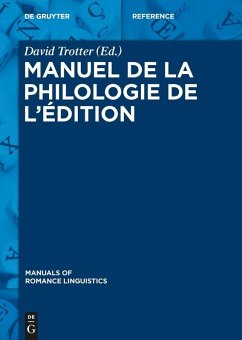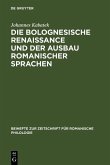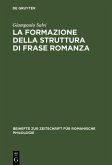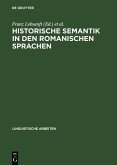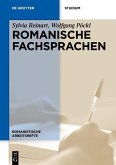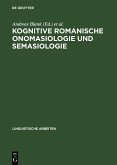Textual editing, especially for the Middle Ages, is the starting point for a good deal of what is done in historical linguistics. Editorial methods have an importance going far beyond theoretical considerations, and are of interest to scholars over and above those who edit texts.
The aim of this volume is to present both the range of methods used, together with a number of case studies, accompanied by studies which discuss related aspects of textual editing such as glossaries or reviews of editions. The aim is to summarize modern editorial practices whilst not losing sight of their origins. Thus, the book will outline the tradition of the critical edition (the so-called Lachmannian edition), which survives particularly in Italy; the more Bédiérist method which dominates in France; and electronic editions (which can expand the concept of editing to include links to digitized manuscripts). Attention is also given to editorial instructions and to the use of variants in stemmatology, with an excursus to the seventeenth century, where modernisation continues to be practised. Finally, the volume will also discuss two difficult cases - the editing of Old French and Occitan texts in Hebrew characters.
Dieser Download kann aus rechtlichen Gründen nur mit Rechnungsadresse in A, B, BG, CY, CZ, D, DK, EW, E, FIN, F, GR, HR, H, IRL, I, LT, L, LR, M, NL, PL, P, R, S, SLO, SK ausgeliefert werden.
"Der Band bietet ein sehr eindrucksvolles Panorama heutiger romanistischer, vor allem mediävistischer Textkritik. [...] Höchst erfreulich ist die umfangreiche Berücksichtigung des für Sprachwissenschaftler und Historiker außerordentlich wichtigen nicht-literarischen Schrifttums. Begrüßenswert ist die besondere Beachtung der 'digital humanities', wobei auch Fragen der z.T. prekären Stellung der Editionsphilologie im Gefüge geisteswissenschaftlicher Fächer immer wieder angesprochen werden. [...] Auf dem Weg zur Wiedergewinnung eines theoretisch überzeugend zu begründenden und auch wissenschaftspolitisch bzw. -organisatorisch abzusichernden Platzes der Editionsphilologie innerhalb der einst so stolzen und bewunderten Romanischen Philologie stellt er gleichwohl eine wichtige Etappe dar."
Franz Lebsanft in: editio 31, 2017, pp. 276-285
Franz Lebsanft in: editio 31, 2017, pp. 276-285

